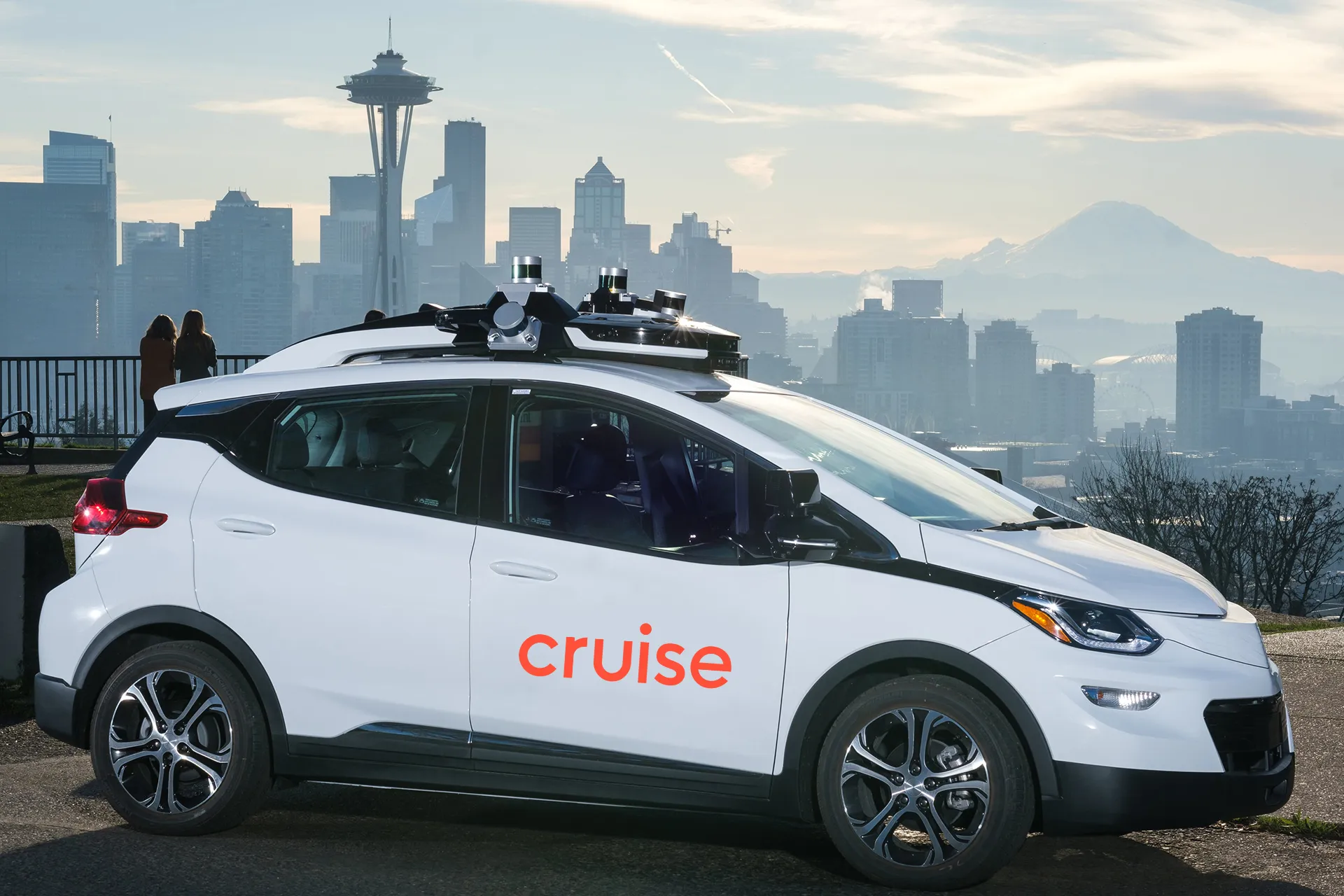New analysis from Frost & Sullivan, Global Test Sites and Incentive Programs for Automated Cars, finds unfavourable legislation in many parts of the world can delay the testing, validation and subsequent introduction of automated vehicle technologies by a few years.
Despite the availability of advanced automated functional testing in several parts of the world, original equipment manufacturers (OEMs) and automotive technology providers favour North American test beds to the ones in Europe and Asia, says
May 26, 2016
Read time: 3 mins
New analysis from 2097 Frost & Sullivan, Global Test Sites and Incentive Programs for Automated Cars, finds unfavourable legislation in many parts of the world can delay the testing, validation and subsequent introduction of automated vehicle technologies by a few years.
Despite the availability of advanced automated functional testing in several parts of the world, original equipment manufacturers (OEMs) and automotive technology providers favour North American test beds to the ones in Europe and Asia, says the report. North America has the largest number of test beds due to its favourable policies regarding testing; however, by 2020, test facilities in Europe and Asia are expected to flourish as well.
"Currently, a few states in North America have encouraging laws and regulations for the testing of automated driving technologies, and enactments are pending in several others," said Frost & Sullivan Intelligent Mobility senior research analyst Anirudh Venkitaraman. "On the other hand, Europe and Asia have no legislation. These regions conduct testing for related technologies, but only with ad-hoc legal permits."
With North America likely to be the launch pad for automated driving cars due to its policy advantages, many well-equipped major facilities have mushroomed in this region. The clearer set of regulations and greater consumer enthusiasm for new technologies will give the region the slight edge with rates for semi-automated vehicles.
Most major automotive OEMs across the globe are working on incorporating active safety and automated vehicle technologies in their future vehicle line-up. Already, several countries have been identified to facilitate the testing and validation of these futuristic technologies in different conditions.
While the testing can be conducted in secure public roads, certain facilities have the technologies to capture and process data from vehicle sensors to simulate real-world environments. These test beds are associated with several industry partners offering the technological, legal and infrastructural support needed to keep them operational.
Nevertheless, the impending roll out of highly-to-fully automated vehicles has made it critical for OEMs to test their products in real-world test environments. OEMs and disruptors are partnering with these test locations as well as technology providers, legal advisors and insurance providers to understand the conditions and accelerate vehicle launch.
"With continuous efforts being made to ensure the safe testing of automated driving technologies in locations conducive for experimenting, many countries across the world may soon pass favourable legislation, “noted Venkitaraman. "Eventually, this policy support will fast-track innovation and attract investments along the value chain.”
Despite the availability of advanced automated functional testing in several parts of the world, original equipment manufacturers (OEMs) and automotive technology providers favour North American test beds to the ones in Europe and Asia, says the report. North America has the largest number of test beds due to its favourable policies regarding testing; however, by 2020, test facilities in Europe and Asia are expected to flourish as well.
"Currently, a few states in North America have encouraging laws and regulations for the testing of automated driving technologies, and enactments are pending in several others," said Frost & Sullivan Intelligent Mobility senior research analyst Anirudh Venkitaraman. "On the other hand, Europe and Asia have no legislation. These regions conduct testing for related technologies, but only with ad-hoc legal permits."
With North America likely to be the launch pad for automated driving cars due to its policy advantages, many well-equipped major facilities have mushroomed in this region. The clearer set of regulations and greater consumer enthusiasm for new technologies will give the region the slight edge with rates for semi-automated vehicles.
Most major automotive OEMs across the globe are working on incorporating active safety and automated vehicle technologies in their future vehicle line-up. Already, several countries have been identified to facilitate the testing and validation of these futuristic technologies in different conditions.
While the testing can be conducted in secure public roads, certain facilities have the technologies to capture and process data from vehicle sensors to simulate real-world environments. These test beds are associated with several industry partners offering the technological, legal and infrastructural support needed to keep them operational.
Nevertheless, the impending roll out of highly-to-fully automated vehicles has made it critical for OEMs to test their products in real-world test environments. OEMs and disruptors are partnering with these test locations as well as technology providers, legal advisors and insurance providers to understand the conditions and accelerate vehicle launch.
"With continuous efforts being made to ensure the safe testing of automated driving technologies in locations conducive for experimenting, many countries across the world may soon pass favourable legislation, “noted Venkitaraman. "Eventually, this policy support will fast-track innovation and attract investments along the value chain.”








